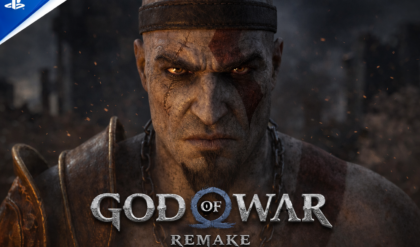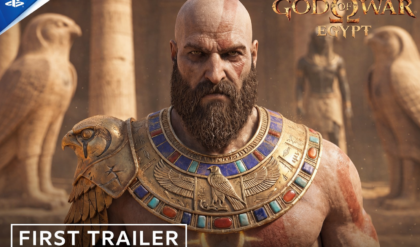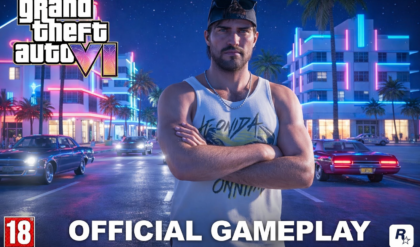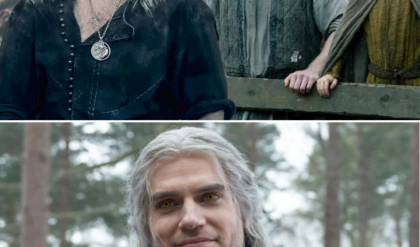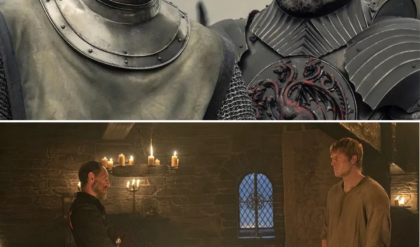A lot has changed since BG3’s time in early access, and some players may have realized that certain things from this development period are missing. Luckily, thanks to the efforts of the community, players can now unlock old material that’s usually not accessible in the current release. This can be done entirely from the in-game menu, and, thanks to the mod manager, doesn’t require any external software.
Baldur’s Gate 3, Larian Studios’ 2023 masterpiece, continues to captivate over 10 million players with its rich Dungeons & Dragons 5e-based RPG experience, enhanced by Patch 8 on April 15, 2025, which introduced cross-play, 12 new subclasses, and official modding support. Amid its sprawling 100+ hour campaign, players have mourned cut content from early access, like unique deity dialogue for clerics of evil gods Bane, Bhaal, Myrkul, and Shar, or expansive areas like the Upper City. A simple method, accessible via the in-game mod manager, now lets players unlock this old content, restoring immersive dialogue and role-playing depth without external tools. This guide explores how to access these hidden gems in Baldur’s Gate 3’s latest release, transforming your journey through Faerûn.
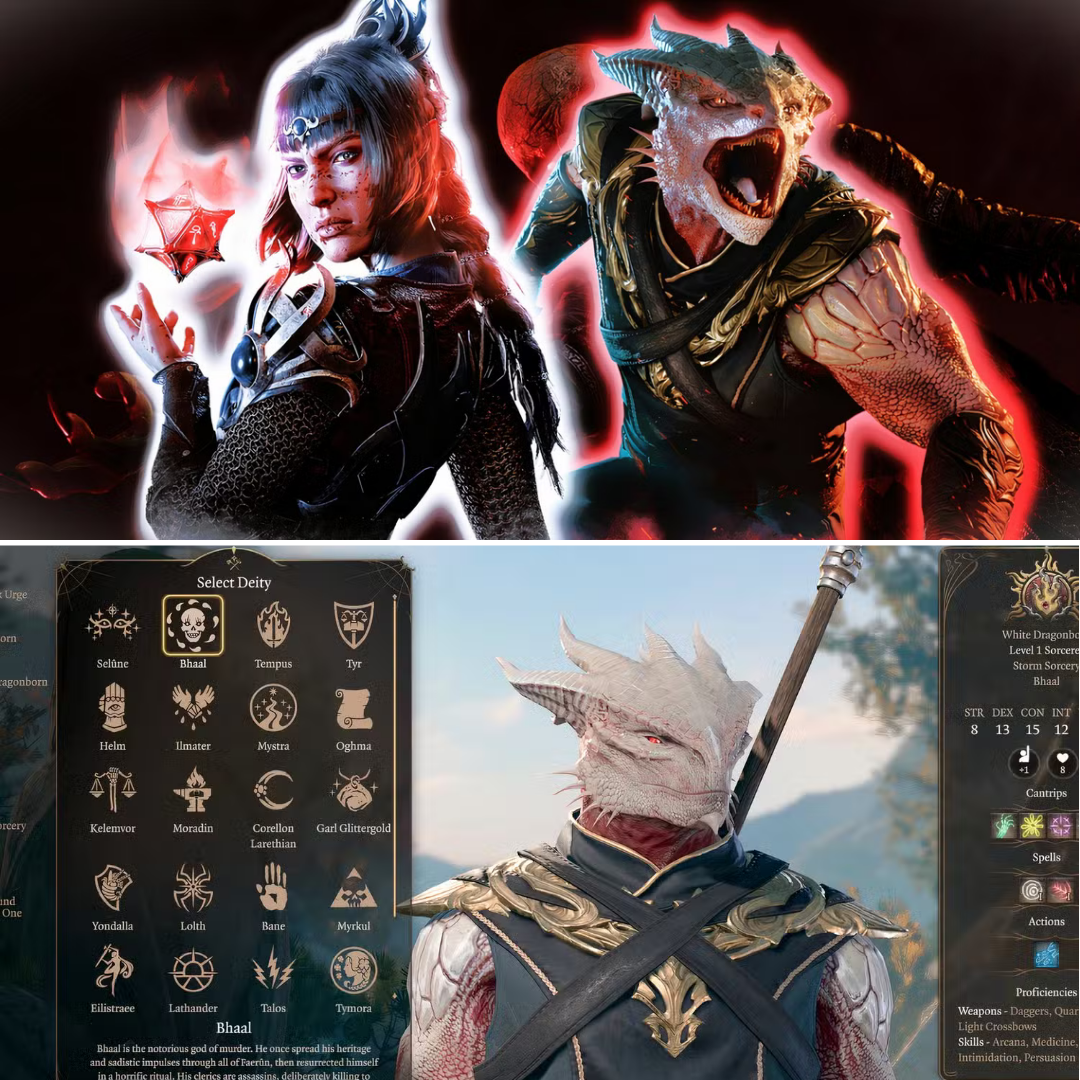
The Cut Content and Its Significance
During Baldur’s Gate 3’s early access from October 2020 to August 2023, Larian tested features that didn’t make the final cut, including deity-specific dialogue for clerics worshiping the Dead Three (Bane, Bhaal, Myrkul) and Shar. These gods, central to the game’s Absolute plot, offered unique interactions, such as Bhaal-worshipping clerics taunting the Kuo-Toa’s “BOOAL” or Sharran clerics bonding with Shadowheart. Data-mined voice lines, as noted on Reddit, extended into Act 2, promising rich role-playing for evil-aligned characters. However, Larian removed these options at launch, likely to streamline the story and avoid narrative clashes, such as Myrkul worship conflicting with Ketheric Thorm’s Apostle role, leaving only neutral or good-aligned deities like Selûne or Ilmater.
This cut content, while non-canonical, adds depth for players craving darker playstyles, akin to the Dark Urge’s murderous arc. Restoring it enhances interactions with NPCs like Orin (Bhaal’s Chosen) or Ketheric, letting players role-play a power-hungry Baneite or a fanatical Sharran. The modding community, empowered by Patch 8’s toolkit, has revived these dialogue tags, making them accessible without compromising immersion, unlike earlier mods requiring external software. This mirrors Oblivion Remastered’s modding scene, where players used tools to fix scaling or restore content, reflecting a shared passion for enhancing beloved RPGs.
How to Unlock the Cut Content
Unlocking this content is straightforward, thanks to Patch 8’s in-game mod manager, available on PC, PS5, Xbox, and Mac. Follow these steps to restore deity dialogue:
Access the Mod Manager: From the main menu, select “Mod Manager” under “Options.” Ensure you’re on Patch 8, which supports cross-play and mod compatibility across platforms, as Larian’s site confirms.
Browse and Install Mods: Search for mods like “The Dead Three As Deities” or “All Classes Get Gods” by user termin8torr, available in the manager’s library. These mods unlock cut deity dialogue for clerics, paladins, or any class, adding alignment tags without new voice lines. Install both for maximum compatibility, as community tests on Reddit verify.
Enable Mods: In the “Installed” tab, toggle the mods on. Ensure all party members in multiplayer have the same mods enabled to avoid crashes, a lesson from Oblivion’s glitch-heavy modding.
Create or Load a Character: Start a new game or load a save. When creating a cleric or paladin, select Bane, Bhaal, Myrkul, or Shar as your deity. For non-clerics, “All Classes Get Gods” assigns deity tags, unlocking dialogue in encounters like the Kuo-Toa shrine or Shadowheart’s Act 2 choices.
Test the Content: Progress to Act 1’s Underdark or Act 2’s Shadow-Cursed Lands to trigger deity-specific dialogue. For example, a Bhaal-worshipper can intimidate the Kuo-Toa, while a Sharran gains unique persuasion options with Shadowheart, enhancing role-playing.
No external software or toolkit is needed, unlike Oblivion’s Nexus Mods reliance. The process takes under five minutes, and mods are vetted by Larian for stability, ensuring smooth integration, though minor continuity issues (e.g., Myrkul’s Apostle conflict) may arise, as ScreenRant notes.
Why These Mods Shine
The mods restore dialogue that feels authentic, using existing voice lines from early access, unlike fan-made mods adding non-canonical races. “The Dead Three As Deities” unlocks Bane’s tyrannical persuasion, Bhaal’s murderous flair, Myrkul’s necrotic menace, and Shar’s secretive charm, each tailored to specific NPCs. For instance, a Baneite cleric might justify betraying Ketheric to seize power, aligning with the god’s dogma, as community role-players on X suggest. “All Classes Get Gods” extends this to fighters or rogues, letting a Bhaal-worshipping barbarian revel in slaughter during “The Pale Elf” quest with Astarion.
These mods don’t alter the core story but enrich interactions, similar to Oblivion’s alchemy exploits boosting gameplay without breaking immersion. They’re lightweight, under 1MB, and compatible with Patch 8’s new subclasses, like the Drunken Monk, per Larian’s patch notes. Unlike cut areas like the Upper City or Helia the werewolf bard, which require extensive restoration, dialogue tags are easier to reintegrate, making them a practical choice for Larian’s mod manager.
Gameplay Impact and Strategic Use
Restoring deity dialogue enhances three key areas:
Role-Playing Depth: Evil deity choices align with Dark Urge or evil Tav playthroughs, offering unique dialogue in Act 3’s Bhaal Temple or Shar’s Gauntlet, deepening narrative stakes. A Myrkulite facing Ketheric can role-play internal conflict, justifying defiance as a power grab, as Reddit theorizes.
Quest Flexibility: Deity tags unlock persuasion or intimidation options, easing tough encounters. For example, a Shar-worshipper gains advantage in “Nightsong” dialogues, potentially sparing Shadowheart’s life, per GameFAQs.
Replayability: With 100+ hours per playthrough, new dialogue incentivizes revisiting Acts 1–2, especially for cleric or paladin mains, mirroring Oblivion’s replay value via Mundane Ring builds.
Strategically, pair the build with a Cleric of Trickery (level 2 subclass, Patch 8) for Illusion spells like Mirror Image, complementing Shar’s deception. For Bhaal, multiclass into Rogue (Assassin) at level 3 for sneak attack synergy, as Nexus Mods guides suggest. Use Fortify Magicka potions (Wisp Stalks + Steel-Blue Entoloma, prior alchemy tips) to sustain spellcasting, boosting Destruction spells like Burning Hands for Baneite dominance. Equip the Ring of Mind Shielding from Omeluum’s quest to resist tadpole influence, tying into early access cut content where it blocked Illithid powers, per TheGamer.
Challenges and Limitations
The mods aren’t perfect. Continuity issues arise, as Myrkul worship clashes with fighting his Apostle, requiring players to headcanon motives, like seeking to supplant Ketheric. Bhaal’s dialogue may feel redundant for Dark Urge players, who already embody his influence, as X posts note. The mods lack new voice lines, relying on early access assets, so immersion depends on existing NPC reactivity. Patch 8’s bugs, like stuttering reported by Digital Foundry, may disrupt mod performance, though Larian’s stress tests fixed most crashes. Console players, while supported, face delays in mod updates compared to PC, per Larian’s blog.
Community and Developer Context
The modding community, thriving with over a million mods installed in 24 hours post-Patch 7, per GamesRadar+, drives this revival. Modders like termin8torr build on Larian’s toolkit, which allows partial level editing and dialogue restoration, unlike Oblivion’s heavier modding reliance. Larian’s decision to exclude this content, per PC Gamer, aimed to polish pacing, but fan demand—evident in Change.org petitions—prompted official mod support. Future mods, like DarthRen’s Nautiloid restoration, hint at more cut content (e.g., Upper City) returning, though these require toolkit expertise beyond the in-game manager.
Conclusion
Unlocking cut deity content in Baldur’s Gate 3 via Patch 8’s mod manager is a simple yet transformative act, restoring Bane, Bhaal, Myrkul, and Shar dialogue for richer role-playing. With a few clicks, players access early access depth, enhancing quests like “The Pale Elf” or “Nightsong” without external tools. While minor narrative clashes persist, the mods’ ease and impact rival Oblivion’s exploit-driven builds, proving community ingenuity can resurrect lost content. As Larian shifts to new projects, per their blog, these mods ensure Faerûn’s legacy endures, letting you wield divine power in a world teetering on chaos.
